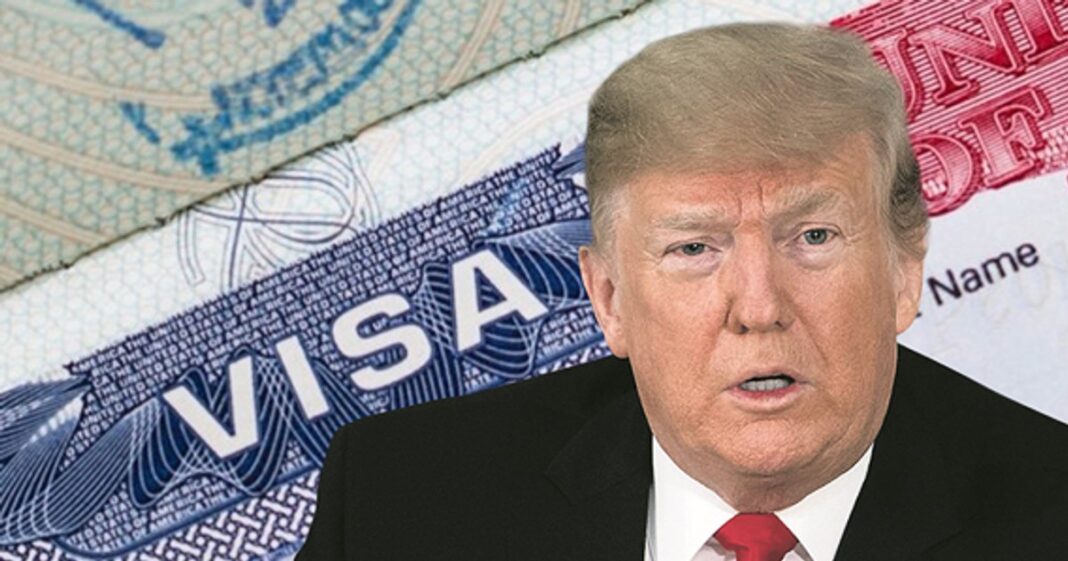The U.S. Steps Back: A Diplomatic Shift with Mali
In a notable turn of events, the United States has retreated from a potential diplomatic crisis with Mali. This decision involves the removal of Mali from its contentious Visa Bond Pilot Program, just days before the new requirements were set to be enforced. The Visa Bond program sparked widespread debate, as many viewed it as an infringement on the rights of citizens from countries facing specific U.S. migration policies.
Current Status of the Visa Bond Program
As of the latest update on October 23, 2025, the U.S. Department of State affirmed that nationals from six African nations—Mauritania, São Tomé and Príncipe, Tanzania, The Gambia, Malawi, and Zambia—still face the visa-bond requirement. These requirements are to be implemented between August and October 2025. This precision in timing underscores the urgency and complexity of the diplomatic landscape surrounding migration.
Regulatory Framework of the Visa Bond Initiative
The foundation for this visa-bond initiative is embedded in the Immigration and Nationality Act (INA) Section 221(g)(3). According to the U.S. Department of Homeland Security, the policy aims to address concerns over B-1/B-2 visa overstay rates. By mandating a refundable bond of up to $15,000, U.S. consular officers are empowered to ensure that eligible visa applicants return to their home countries after their visit.
Mali’s Exclusion from the Visa Bond Program
Mali, initially included in this program on October 8, was remarkably absent in the most recent update. This omission marks a significant diplomatic development, one that suggests a willingness on the part of the U.S. to rethink its approach to Mali amid rising tensions.
Rising Tensions and Immediate Backlash
The visa-bond initiative ignited fierce backlash from the Malian government. Officials in Bamako accused Washington of unfairly targeting its citizens. This tension escalated quickly, leading to Mali’s reciprocal decision to impose a new visa-bond rule on U.S. travelers—an assertive move that evidently played a key role in prompting U.S. reconsideration.
Bilateral Tensions Shift Toward De-escalation
Both countries found themselves embroiled in what quickly became more than just a migration issue; it developed into a broader diplomatic confrontation. Mali’s recent pivot in international alliances has made it apparent that it is prepared to respond to external pressures with considerable force. The government’s imposition of an equivalent visa bond effectively communicated its refusal to accept perceived unfair or discriminatory treatment.
The U.S. Opts for Diplomatic Resolution
Faced with increasing diplomatic friction, the U.S. opted to amicably rescind Mali’s inclusion in the visa-bond program. While this has left several other African nations still subjected to these requirements, it simultaneously diffused a looming diplomatic standoff with Bamako.
The Impact on U.S.–Africa Relations
This rollback by the U.S. serves as a potent signal regarding how African nations can engage with Washington on matters of migration and mobility. It points toward a potential strategy for negotiating more favorable terms, showing that diplomatic pressure can lead to tangible policy changes—even with a significant global actor such as the United States.
Constructive Engagement on the Horizon
Despite the political tensions, there have been indications of a willingness from the U.S. to sustain constructive dialogue with Mali. Notably, in July 2025, Deputy Assistant Secretary William B. Stevens visited Bamako, aiming to strengthen security cooperation and explore economic ties. Such engagement could pave the way for further dialogue, steering the conversation away from confrontation toward collaboration.
Opening New Avenues for Dialogue
The U.S.’s reversal not only alleviates immediate tensions but also lays the groundwork for potentially refining visa policies across the African continent. With diplomatic pushback increasingly influencing policy outcomes, the recent developments in U.S.-Mali relations exemplify how international diplomacy can pivot in response to rising pressures from affected nations.



